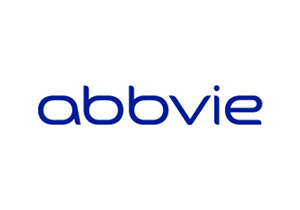Expecting substantial savings and improved public services – a trend which has been further accentuated by the financial and economic crisis beginning in 2008 – OECD countries have invested in the development of e-government services over the past 10-15 years. They have used information and communication technology (ICT) to automate a broad range of internal functions, improve business processes within public organisations and across organisational boundaries, and deliver high-quality services to users – whether citizens, businesses or government employees. E-Government was seen as the ideal solution to the lack of coherency in public service delivery, as well as a way to free up resources through efficiency and effectiveness gains. However, despite the initial exceptional take-up, governments later saw low adoption and low use of e-government services which are still far from satisfactory today.
The presentation gives a broad description of the shift in governments' focus on e-government development – from a government-centric to a user-centric approach. It gives an overview of challenges to user take-up of e-government services in OECD countries and of the different types of approaches to improving it.
Sign in to Spring ITAPA 2024
Yih-jeou Wang
Yih-Jeou Wang is Head of Unit and responsible for OECD's work on ICT use in the public sector
(e-government). He joined the OECD in December 2005 from a position as Head of Division in the Danish National IT and Telecom Agency responsible for national and international ICT security policy. He has over a period of more than 15 year been responsible for policy and strategy development of Information Society and e-government in different ministries (Finance, Education and Research, and Science, Technology, and Innovation), and has in a short period worked as a senior adviser in the Confederation of Danish Industries responsible for the development of e-business policies and strategies for the Danish industry. He has for more than five …
See more info about the speaker



















